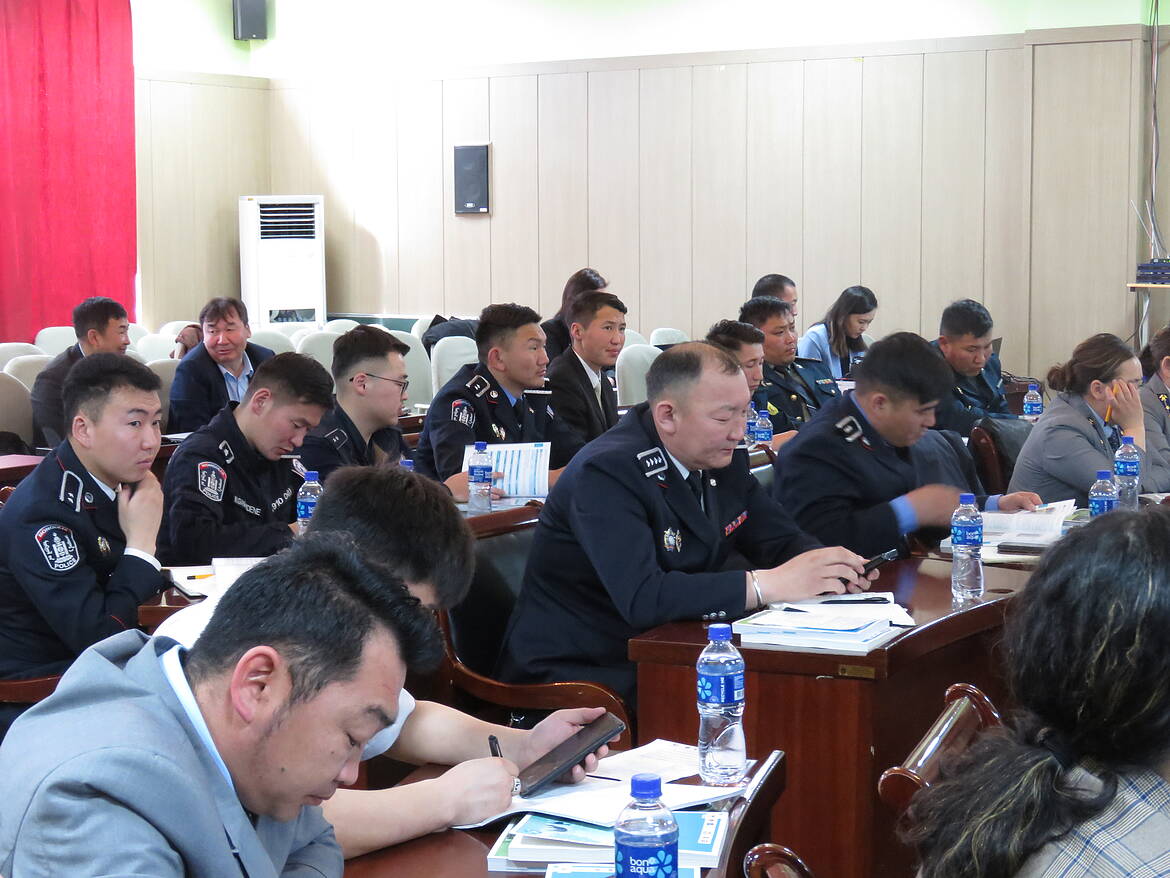The WWF is run at a local level by the following offices...
- WWF Global
- Adria
- Argentina
- Armenia
- AsiaPacific
- Australia
- Austria
- Azerbaijan
- Belgium
- Bhutan
- Bolivia
- Borneo
- Brazil
- Bulgaria
- Cambodia
- Cameroon
- Canada
- Caucasus
- Central African Republic
- Central America
- Central Asia
- Chile
- China
- Colombia
- Croatia
- Democratic Republic of the Congo
- Denmark
- Ecuador
- European Policy Office
- Finland
Our News
Knowledge sharing and capacity building training on law enforcement
It was attended by over 120 representatives from the Aimags’ (provincial) Prosecutors and Police Offices, the Customs and Border Points, and Environmental Departments. Topics of the training were elaborated with respective real cases, good practices, short videos, and facts and delivered through group discussions, teamworking, and debates. These techniques and tools made the training simple and practical for its participants. The cases applied to relevant topics were cited from the facts presented to the court for final resolutions.
It was attended by over 120 representatives from the Aimags’ (provincial) Prosecutors and Police Offices, the Customs and Border Points, and Environmental Departments. Topics of the training were elaborated with respective real cases, good practices, short videos, and facts and delivered through group discussions, teamworking, and debates. These techniques and tools made the training simple and practical for its participants. The cases applied to relevant topics were cited from the facts presented to the court for final resolutions. In the meantime, each participant was provided with a copy of the training manual. The training was informative, practical, inclusive, knowledge sharing, capacity building, and full of the case details that are often faced, according to the participants.
Furthermore, the participants wish to be periodically provided with such training and some other trainings on identification of wildlife species and their parts and the products made of (in particular, those of threatened and endangered natural plant and animal species).

© WWF Mongolia
The training was informative, practical, inclusive, knowledge sharing, capacity building, and full of the case details that are often faced, according to the participants.